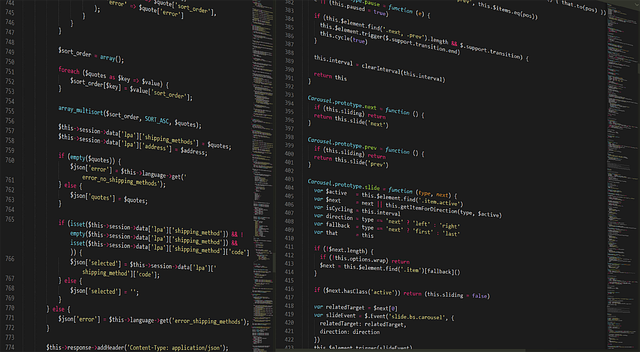Software Engineering: Principles, Development, and DevOps
Software engineering is the disciplined application of engineering approaches to the design, creation, testing, and maintenance of software. It combines technical skills in programming and system design with processes that help teams deliver reliable, maintainable products. Over time the field has grown to emphasize not only writing functional code but also managing complexity, ensuring quality, and aligning software outcomes with business or research goals. This article outlines core ideas, common practices, and how roles such as developers and DevOps engineers contribute to modern software lifecycles.

software: What characterizes a software engineering approach?
A software engineering approach treats software as an engineered product rather than ad-hoc scripts. It relies on requirements analysis, architectural design, modularization, and documentation to reduce risk and improve maintainability. Practices such as version control, code reviews, automated testing, and continuous integration make it easier to manage changes and detect defects early. Engineers use models and metrics—like coupling, cohesion, and cyclomatic complexity—to evaluate designs objectively. The result is clearer communication among stakeholders, reproducible builds, and a foundation for predictable evolution.
development: How do development processes shape outcomes?
Development processes define how teams plan, build, and deliver features. Agile methodologies (Scrum, Kanban) emphasize incremental delivery, close stakeholder feedback, and frequent retrospection. Waterfall or V-model approaches still apply in contexts that require strict upfront specification. Effective development processes include backlog management, sprint planning, and clear definition of done. Quality assurance is integrated through unit, integration, and system tests, along with continuous integration pipelines that run tests automatically. Process choice influences release cadence, team roles, and risk management strategies.
devops: How does DevOps connect development and operations?
DevOps is a set of practices that brings development, operations, and other stakeholders together to shorten delivery cycles and improve reliability. Key elements include infrastructure as code, continuous integration/continuous delivery (CI/CD), monitoring, and automated deployment. DevOps encourages breaking down silos so developers understand operational constraints and operators participate in design discussions. Automation of builds, tests, and deployments reduces human error and speeds recovery from incidents. Observability—logs, metrics, and tracing—helps teams detect and diagnose problems in production environments.
programming: What skills matter for effective programming in teams?
Programming skills remain central to software engineering but are complemented by system thinking and collaboration abilities. Proficiency in languages and paradigms (object-oriented, functional, concurrent) helps engineers choose appropriate abstractions. Readable, well-tested code and adherence to coding standards facilitate team work. Soft skills—clear communication, code review etiquette, and task estimation—are equally important. Engineers should be comfortable with debugging tools, performance profiling, and dependency management. Continuous learning and codebase familiarity allow developers to make safer, more maintainable changes over time.
code: How is code quality ensured across the lifecycle?
Code quality is ensured through multiple, reinforcing practices. Automated testing (unit, integration, end-to-end) verifies behavior; linters and static analysis catch common issues; code review provides human oversight and knowledge sharing. Modular design and clear interfaces reduce regression risk. Build pipelines enforce reproducible artifacts and handle packaging or containerization. Security practices—dependency scanning, input validation, least privilege—reduce vulnerabilities. Finally, observability in production and post-deployment monitoring allow teams to validate assumptions and iterate on both code and architecture with data-informed decisions.
In summary, software engineering integrates technical programming work with structured development practices and operational discipline. Development methodologies determine how teams organize and deliver work, while DevOps practices bridge the gap between building and operating software in production. Focusing on readable, tested code and investing in automation and observability tends to improve reliability and maintainability. The field continues to evolve with tools and practices that help teams manage complexity without sacrificing agility or quality.






